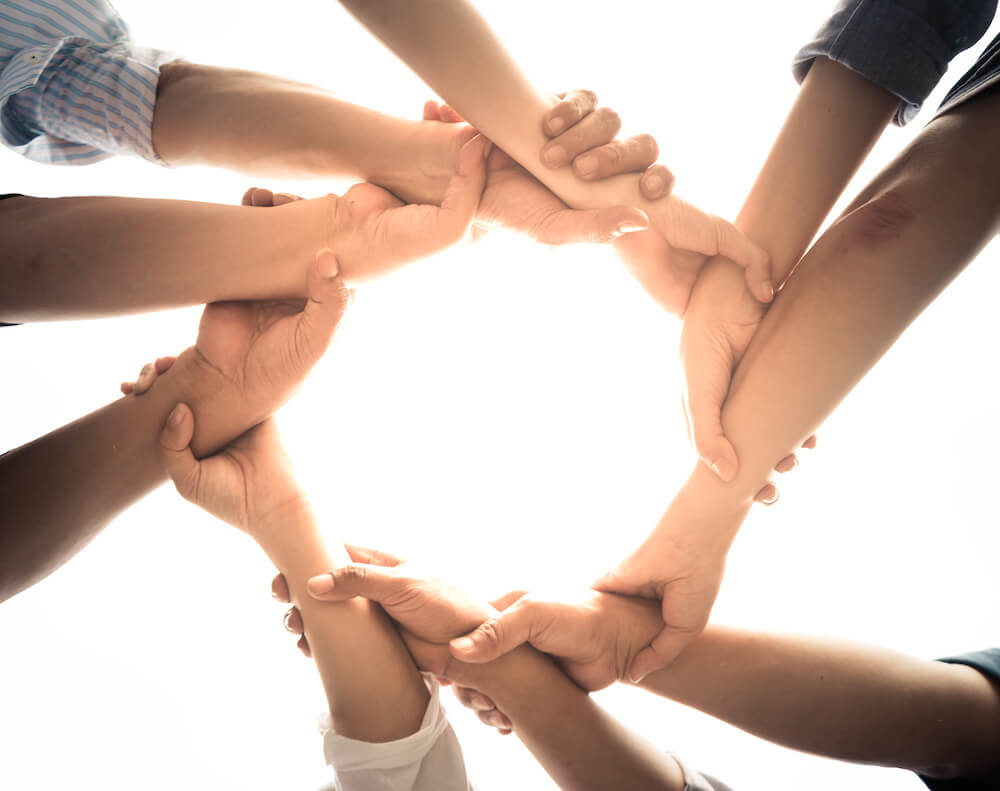Two hundred years of economic and complexity growth have added immensely to human welfare and security. It has shaped our world-views and expectations of the future. Yet there is widening concern that the conditions that have underpinned this growth and the socio-economic stability that we have habituated to, and are dependent upon, is being increasingly undermined. Societies are currently or are soon likely to experience mounting socio-economic stresses from which there is no recovery, declining resilience, and rising risks of rapid large-scale breakdowns in global integration. The envisioned consequences are challenging and quite possibly catastrophic.
There is no single factor to explain our vulnerability. At issue is not just climate change or soil loss, water supplies, the depletion of fisheries or the acidification of oceans, oil production constraints, biodiversity loss, toxification, credit hyper-expansion, fraying socio-political trust and legitimacy, or the vulnerability of complex interdependent global infrastructures. It is all of this and more – with convergence, acceleration and interactions.
It is within this context that the FAN Initiative was created with the primary aim of generating informed, wise, and action-oriented responses as we enter the beginning of a long winter for our species. The FAN’s concern is less with how do we change course / become sustainable / convince everybody / transform established systems – these are noble but perhaps unrealistic goals given the complexity, momentum and interlocked nature of today’s socio-economic systems. Rather, our focus is to catalyze comprehension in order to ameliorate, or avoid the worst consequences of a sweeping humanitarian crisis.
The FAN brings a general systems perspective: systems analysis, coupled with advanced communications to inform adequate responses within governments, critical private and non-profit institutions, and ultimately the public. This is done through engagement with institutions, and the provision of expertise drawing upon our networks, on-site courses, scenario planning, and war-gaming.


